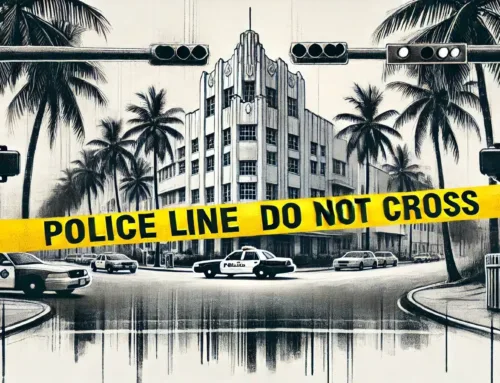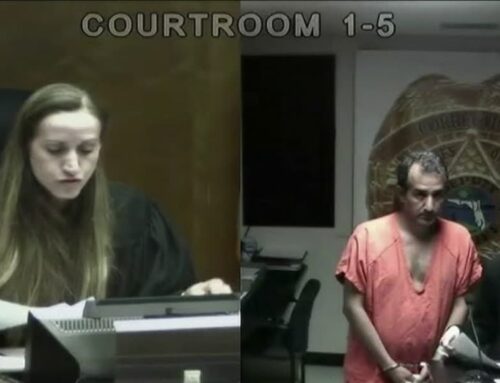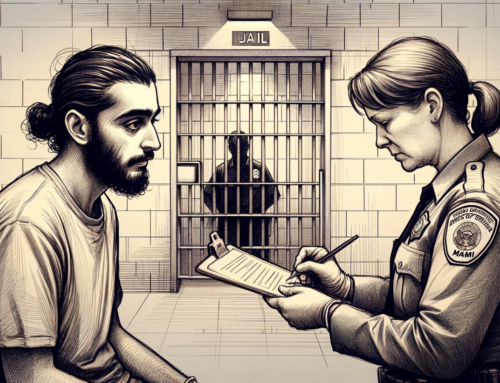What Happens to Trump’s Criminal Cases After His Election Victory?
In an unprecedented turn of events that reshapes the American legal landscape, Donald Trump has become the first person elected president while facing multiple criminal prosecutions. As Miami criminal attorneys who have spent decades defending clients in state and federal courts, we carefully analyze how Trump’s 2024 election victory impacts the four criminal cases pending against him. This situation raises novel constitutional questions about prosecuting a sitting president and highlights the complex intersection of criminal law and executive power.
Trump currently faces state charges in New York and Georgia, along with two federal prosecutions brought by Special Counsel Jack Smith. Each case now enters uncharted legal territory, as no previous president has ever faced criminal prosecution while in office, much less entered office with cases already pending. With Trump set to retake the presidency in January 2025, prosecutors, judges, and legal scholars are grappling with fundamental questions about whether and how these cases can proceed.
Federal Cases Will Likely Be Dismissed
The two federal criminal cases brought by Special Counsel Jack Smith will almost certainly end due to a long-standing Department of Justice policy that prohibits prosecuting a sitting president. Justice Department officials have already begun evaluating how to wind down these cases before Trump takes office in January:
- The federal election interference case in Washington, D.C. will likely be dismissed
- The classified documents case in Florida (already dismissed by Judge Cannon) will see its appeal dropped
New York State Case Faces Uncertainty
Trump’s conviction on 34 felony counts for falsifying business records faces an unclear path forward:
- Sentencing is currently scheduled for November 26th
- Judge Merchan must decide by November 12th on Trump’s motion to dismiss based on presidential immunity
- If sentencing proceeds, Trump’s lawyers will likely argue any punishment must be delayed until after his term
- Trump cannot pardon the case since it’s a state prosecution
Georgia RICO Case Enters Legal Limbo
The Georgia election interference case will likely freeze until Trump leaves office:
- Currently paused pending December 6th arguments about DA Willis’s potential disqualification
- Trump’s lawyers argue a sitting president cannot face state prosecution while in office
- The case would likely remain dormant until at least 2029
Key Legal Principles at Play
Several critical legal concepts affect these cases:
- DOJ policy bars federal prosecution of sitting presidents
- Constitutional questions exist about state prosecution of a sitting president
- Presidential immunity may protect certain official acts
- Practical difficulties exist in prosecuting a sitting president
What This Means Going Forward
The reality is that Trump’s election victory likely puts most legal consequences on hold for at least four years. While the state cases may technically remain active, they face significant procedural and constitutional hurdles that make near-term prosecution unlikely.
The civil judgments against Trump, including the $478 million fraud judgment in New York, remain in effect since they don’t involve criminal prosecution. However, the criminal cases that once threatened his freedom now appear headed for lengthy delays or outright dismissal.







